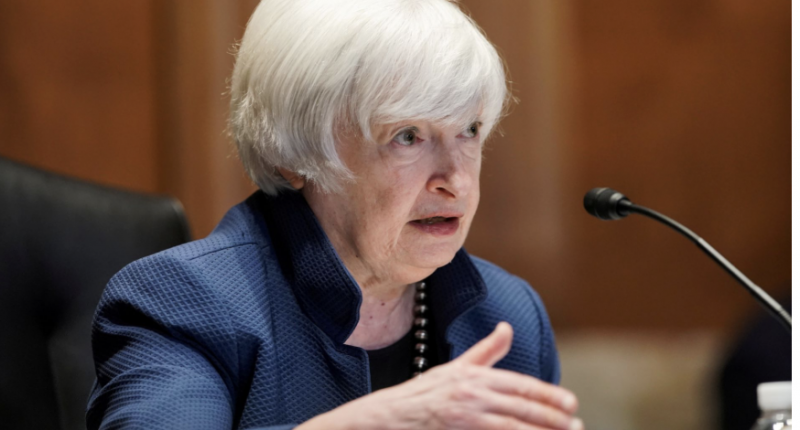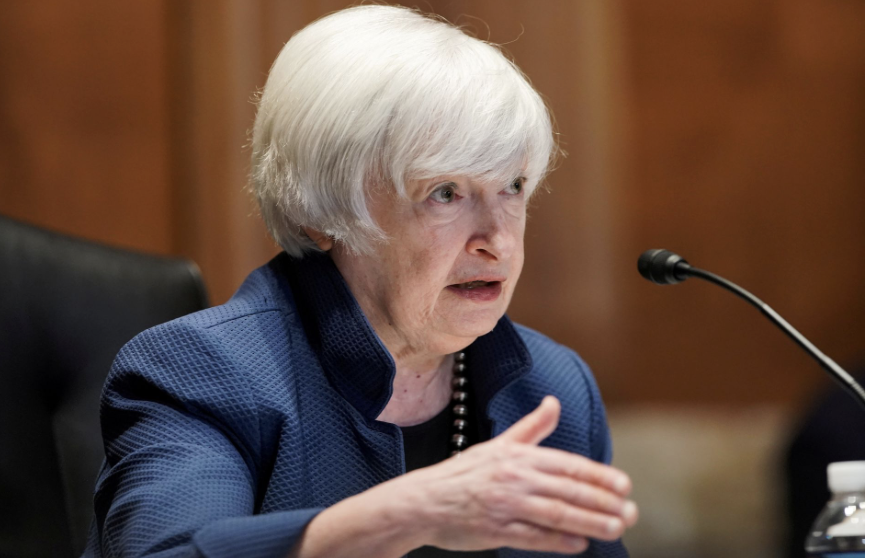- US Treasury Secretary Janet Yellen says a new mechanism to allow more countries to tax multinationals may not be ready until spring 2022
- She says the OECD “Pillar 1” re-allocation of taxing rights is on a “slightly slower track” than a global corporate minimum tax of at least 15 per cent
- G20 finance ministers and central bank governors endorsed the tax deal over the weekend
- However questions remain over the ability of US President Joe Biden’s administration to persuade a deeply divided Congress to ratify the changes.
US Treasury Secretary Janet Yellen has said that a newly endorsed mechanism to allow more countries to tax large, highly profitable multinational companies may not be ready for consideration by lawmakers until the northern spring next year.
Ms Yellen told a news conference yesterday, following the G20 finance leaders meeting in Italy, that the OECD re-allocation of taxing rights was on a “slightly slower track” than a global corporate tax of at least 15 per cent as part of a tax deal among 132 countries.
Over the weekend Finance chiefs of the G20 club of large economies backed a landmark move to stop multinationals shifting profits into low-tax havens and win back hundreds of billions of dollars in lost revenues, a draft communique showed.
The pact to establish a minimum global corporate tax rate of at least 15 per cent is an attempt to squeeze more money out of tech giants such as Amazon and Google, as well as other multinationals able to shop around for the most attractive tax base.
Ms Yellen said she hoped to include provisions to implement the so-called “Pillar 2” global minimum tax into a budget “reconciliation” bill this year that Congress could approve with a simple majority, potentially without Republican support.
The “Pillar 1” portion of the agreement would end unilateral taxes on digital services in exchange for a new mechanism that would allow large profitable companies, such as Google and Facebook, to be taxed in part based on where they sell products and services, rather than where their headquarters and intellectual property reside.
This will require a multilateral tax agreement that will take time to negotiate, a Treasury official said.
“Pillar 1 will be on a slightly slower track. We’ll work with Congress,” Ms Yellen said, when asked whether a two-thirds majority would be needed in the US Senate, which is normally the requirement for international treaties.
“It may be in ready in the spring of 2022 and we’ll try to determine at that point what’s necessary for its implementation,” Ms Yellen said.
It was unclear how the 2022 timing would affect the withdrawal of unilateral digital services taxes.







